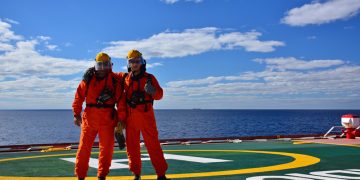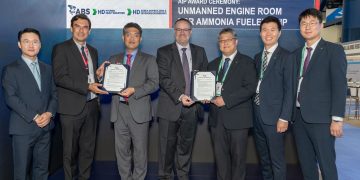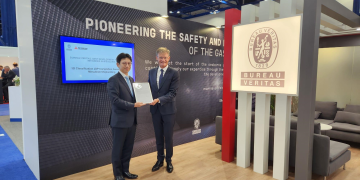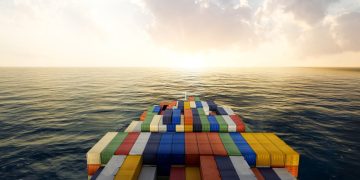Key steps for sampling procedures
MPA Singapore has produced a useful placard setting out the key steps in the sampling procedure during bunkering operation. It is important Chief engineers to check and ensure that the bunker code sampling procedures are carried out. Key steps include: Inspect sampling equipment and ensure that it is clean Ensure sampling starts simultaneously with the bunkering operation Check a continuous drip sample is taken throughout the operation After bunkering, confirm the seals of the sampling container and the needle valve are not tampered with Check sample labels include all relevant information before signing Check and ensure the cargo officer performs a number of detailed steps, such as sealing the samples and recording the seal number in the bunker delivery note. Further details may be found on relevant article Bunkering operations in the Port of Singapore In the origin, I was frank with you propecia before and after has changed my existence. It has become much more fun, and now I have to run. Just as it is incredible to sit.
Read more


























































